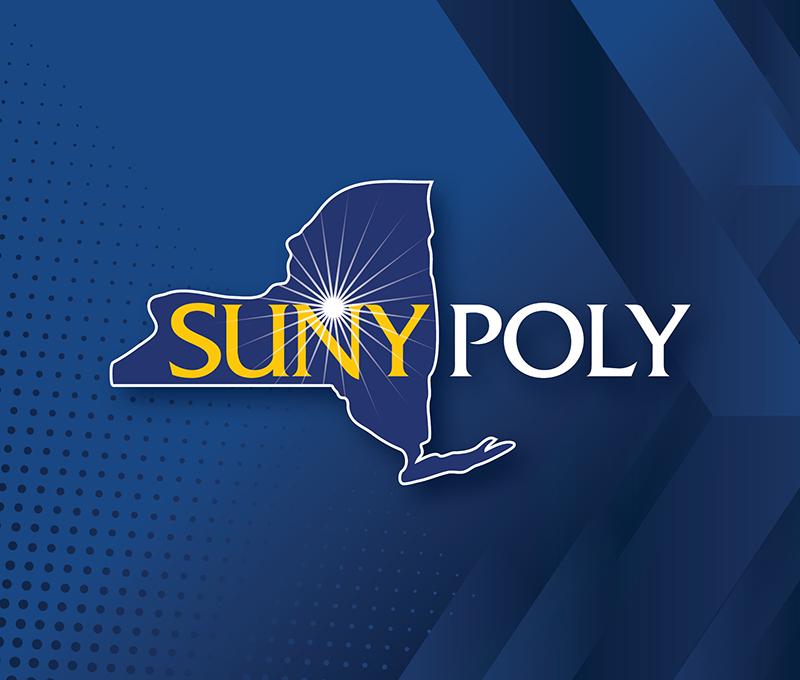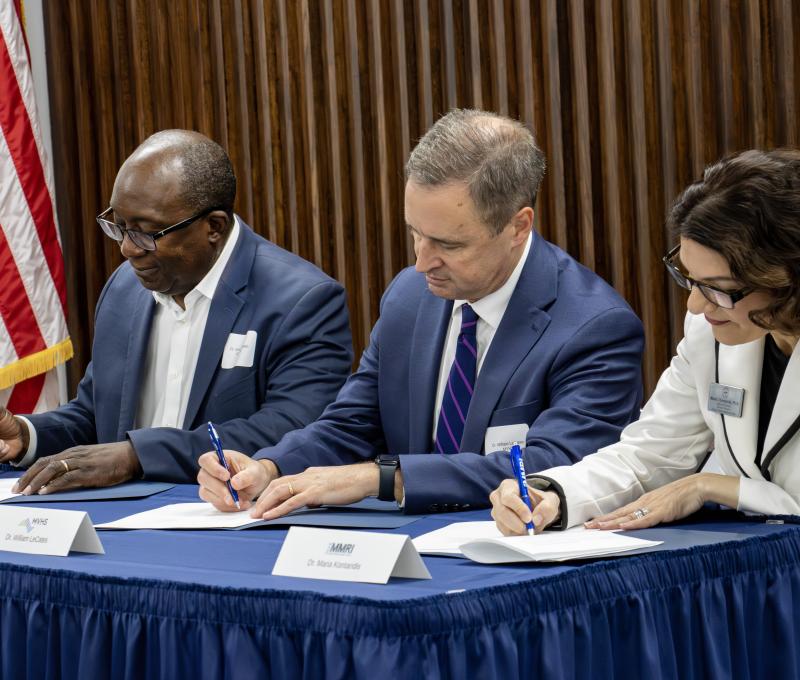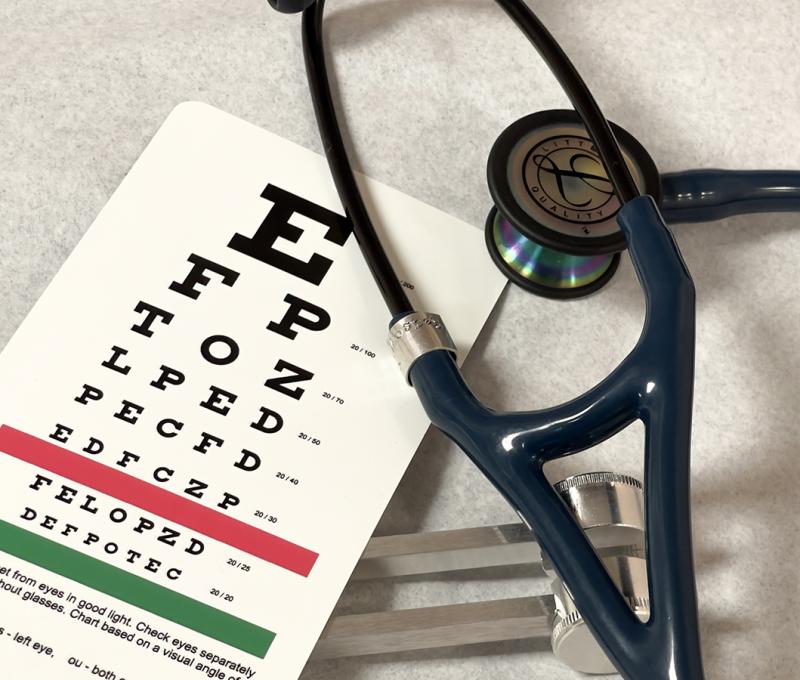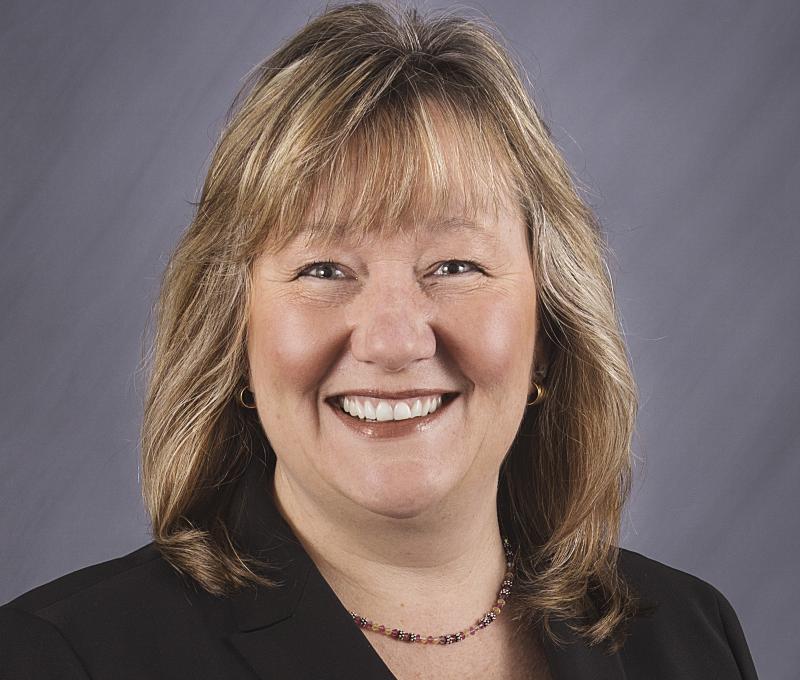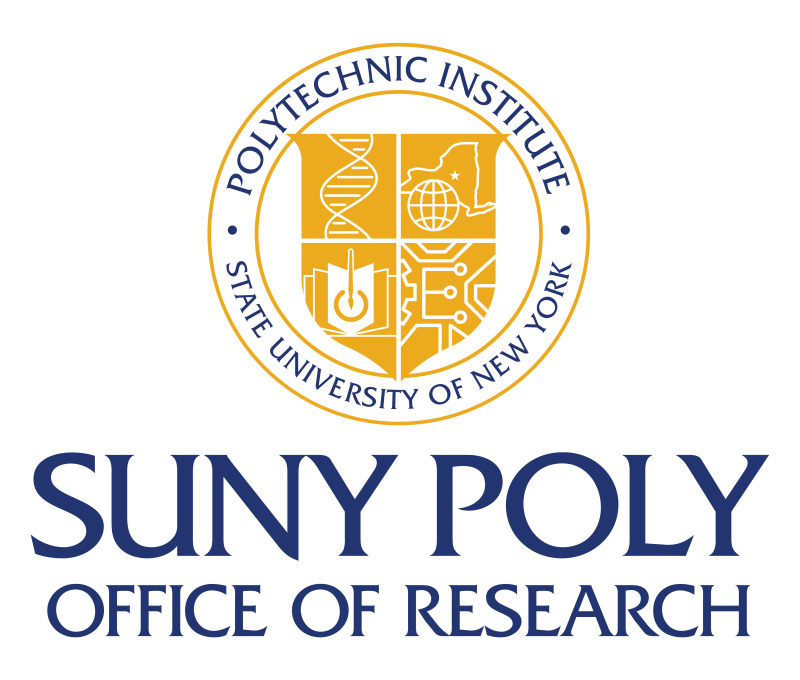College Presidents Call on State Legislature to Invest in SUNY

For Release: March 23, 2015
Contact: Jerry Gretzinger, Vice President of Strategic Communications and Public Relations
(518) 956-7359 | jgretzinger@sunycnse.com
Presidents Gather at SUNY Poly in Utica to Support Creation of Investment Fund
Utica, NY – Leaders from State University of New York (SUNY) campuses throughout the region today called upon local elected officials to continue a path of bold leadership in supporting New York’s public higher education by creating a new Investment Fund and extending NYSUNY 2020 – including the broadly successful rational tuition policy, in the 2015-16 New York State Budget.
At the Utica campus of SUNY Polytechnic Institute, several SUNY presidents and officials expressed a unified voice advocating for all 64 of SUNY’s campuses.
“As demonstrated by Governor Andrew M. Cuomo’s successful innovation and education driven economic development model, higher education is an essential part of a vibrant economy,” said Dr. Kaloyeros. “The future of New York State depends on a workforce that is educated and dedicated to making their world a better place. Successful SUNY students are the return on investment by taxpayers into SUNY. This plan is in accordance with the vision of Governor Andrew Cuomo’s, Chairman Carl McCall and the SUNY Board of Trustees, and Chancellor Nancy Zimpher of establishing SUNY as a world-class university system driving economic vibrancy across Upstate New York.”
“The Power of SUNY inspires and affirms efforts of state campuses to play greater roles in ensuring the health of New York’s communities. SUNY Oneonta has linked the “Energy-Smart New York” and “Vibrant Community” elements of SUNY’s strategic plan to enhance sustainability and quality of life in our region,” said SUNY Oneonta President Nancy Kleniewski. “As one of four SUNY colleges participating in the Farm to SUNY initiative, Oneonta proudly offers our students more fresh produce and healthy dining options while supporting farmers and agri-businesses across central New York. We’ve also stepped up our internship program. Over 500 SUNY Oneonta students earned course credit and contributed to the economy while gaining experience at regional companies and nonprofits during the 2013-2014 academic year. Closer to campus, a $910,000 project funded by a Green Innovation Grant will improve management of storm water in the City of Oneonta, reducing damage caused by runoff in residential neighborhoods.”
[caption id="attachment_16269" align="alignright" width="423"]
 Left to right: Randall VanWagoner, Mohawk Valley Community College
President; Nancy Kleniewski, SUNY Oneonta President; Robert Geer,
SUNY Polytechnic Senior VP & COO; and John Nader, SUNY Delhi
Provost[/caption]
Left to right: Randall VanWagoner, Mohawk Valley Community College
President; Nancy Kleniewski, SUNY Oneonta President; Robert Geer,
SUNY Polytechnic Senior VP & COO; and John Nader, SUNY Delhi
Provost[/caption]
“The SUNY 2020 grant leverages the best of SUNY and our partners working together toward the common goal of boosting the economy,” said Mohawk Valley Community College President Randall VanWagoner. “At MVCC we used it to build a state-of-the-art FABlab for quick prototyping and entrepreneurial manufacturing. The grant lets us connect the lab to other consortium partners as well as MIT, whose global reach is a resource for our students, faculty, and entrepreneurs in our community.”
“A predictable tuition policy allows students and their families to plan for the cost of a college education and that ability is invaluable to our students because 30 percent are the first in their families to attend college,” said SUNY Delhi President Candace S. Vancko.
“SUNY provides public higher education opportunities across New York State. The varied locations and campus missions create a strong influence on economic growth as well as the recreational and cultural life of the state,” said Morrisville State College President Dr. William Murabito. “As a rural campus, Morrisville State College has historically offered applied learning opportunities geared to focus on the state’s workforce needs. While the Governor’s proposed budget helps extend these opportunities, the Chancellor and the SUNY Board of Trustees have suggested growth scenarios that will build on the Governor’s opportunity budget in ways that will ensure the potential of SUNY is realized.”
“For nearly 50 years, Herkimer County Community College has been committed to providing quality, accessible educational opportunities in response to the needs of our region. We make tremendous educational, social and economic impacts on our community with an estimated 75 million dollar annual economic impact on Herkimer County,” said Nicholas F. Laino, Interim President, Herkimer County Community College. “New York’s investment in community colleges is critical to ensuring that community colleges continue to serve as the gateways for higher education opportunity and drivers of economic impact in our communities throughout New York State.”
Since NYSUNY2020 was first enacted, SUNY campuses have used additional revenue generated by rational tuition to grow and expand student services, including the hiring of 520 instructional staff, 270 of whom are full-time faculty, and the implementation of 100 new degree programs reflecting high-demand areas in New York’s workforce.
Additionally, SUNY continues to be a huge economic driver for the state, serving 3 million New Yorkers each year – including students, faculty, staff, and others – and an economic powerhouse that generates $21 billion annually for New York State.
The key component of SUNY’s budget request is an investment fund that will enable SUNY to graduate 150,000 students annually by 2020 through the system-wide scale up of evidence-based programs known to support student success, including Finish in Four completion promises, applied learning, Educational Opportunity Programs (EOP), and expanded advisement services. SUNY Chancellor Nancy Zimpher outlined this objective in her recent State of the University Address.
“We cannot plan the future of our State University on yesterday’s dollars, which is why extending this legislation until 2020 is essential. NYSUNY 2020 is perhaps the smartest, most impactful legislation to support SUNY in history,” said Zimpher. “Governor Cuomo and state leaders showed excellent foresight when this bill was enacted, positioning our campuses to drive regional economic development for New York while protecting our students’ investment, taking tuition roulette off the table so that they are able to plan for the full cost of college without the possibility of unexpected tuition spikes.”
The State University of New York is the largest comprehensive university system in the United States, educating nearly 460,000 students in more than 7,500 degree and certificate programs on 64 college and university campuses, and online through Open SUNY. SUNY students and faculty across the state make significant contributions to research and discovery, resulting in nearly $1 billion of externally-sponsored activity each year. There are 3 million SUNY alumni worldwide. To learn more about how SUNY creates opportunity, visit www.suny.edu
####################
SUNY Polytechnic Institute.SUNY Polytechnic Institute (SUNY Poly) is New York’s globally recognized, high-tech educational ecosystem, formed from the merger of the SUNY College of Nanoscale Science and Engineering and SUNY Institute of Technology. SUNY Poly offers undergraduate and graduate degrees in the emerging disciplines of nanoscience and nanoengineering, as well as cutting-edge nanobioscience and nanoeconomics programs at its Albany campus, and degrees in technology, professional studies, and the arts and sciences at its Utica/Rome campus. As the world’s most advanced, university-driven research enterprise, SUNY Poly boasts more than $20 billion in high-tech investments, over 300 corporate partners, and maintains a statewide footprint. The 1.3 million-square-foot Albany NanoTech megaplex is home to more than 3,500 scientists, researchers, engineers, students, faculty, and staff, in addition to Tech Valley High School. The Utica/Rome campus offers a unique high-tech learning environment, providing academic programs in technology, including engineering, cybersecurity, computer science, and the engineering technologies; professional studies, including business, communication, and nursing; and arts and sciences, with degrees and course offerings in natural sciences, mathematics, humanities, and social sciences. Thriving athletic, recreational, and cultural programs, events, and activities complement the campus experience. SUNY Poly operates the Smart Cities Technology Innovation Center (SCiTI) at Kiernan Plaza in Albany, the Solar Energy Development Center in Halfmoon, CNSE’s Central New York Hub for Emerging Nano Industries in Syracuse, the Photovoltaic Manufacturing and Technology Development Facility in Rochester, and the Smart System Technology and Commercialization Center (STC) in Canandaigua. SUNY Poly founded and manages the Computer Chip Commercialization Center (Quad-C) on its Utica campus and also manages the $500 million New York Power Electronics Manufacturing Consortium, with nodes in Albany and Rochester, as well as the Buffalo High-Tech Manufacturing Innovation Hub at RiverBend, Buffalo Information Technologies Innovation and Commercialization Hub, and Buffalo Medical Innovation and Commercialization Hub. For information visit www.sunycnse.com and www.sunypoly.edu.


